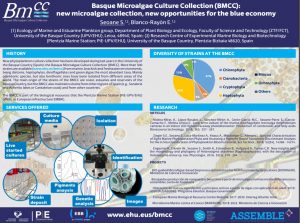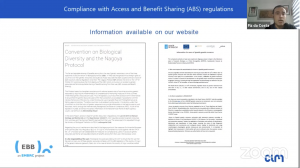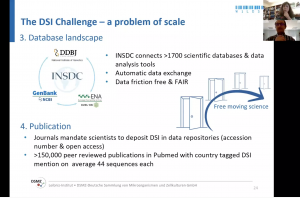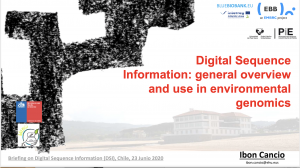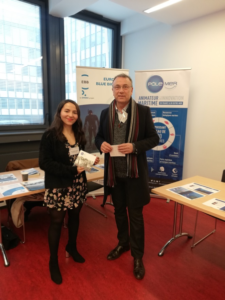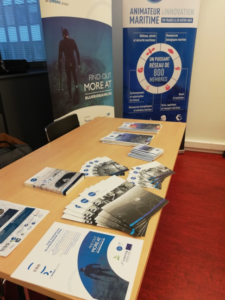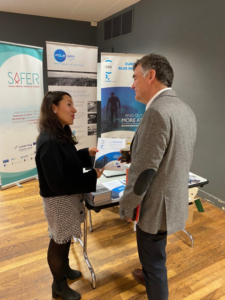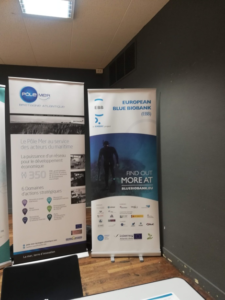Ocean Sustainability Bergen is a virtual centre at the University of Bergen (UiB), working with partner institutions worldwide in ocean science and education. The aim is to engage with the Sustainable Development Goals (SDSs). Ocean Sustainability Bergen takes care of day to day activities in relation to UiB’s status as the Hub for SDG 14: Life below water as appointed by the United Nations Academic Impact (UNAI) and is also the SDG 14 representative in the International Association of Universities (IAU) SDG Cluster.
The focus for the first Ocean Sustainability Bergen Conference:
-Is the combination of conservation and sustainable use of the ocean an illusion or a realistic possibility?
-How can science be used to underpin the development of a useful instrument for BBNJ?
-In more general terms, how can scientific advice contribute to decision-making processes in global ocean governance?
The objectives:
-To create awareness in a wide range of academic disciplines of current challenges for global ocean governance and to inspire their increased involvement.
-To provide an arena for exchange of science and policy ideas directly relevant to the intergovernmental negotiations on marine BBNJ.
-To discuss how a BBNJ instrument can contribute to the UN 2030 Agenda.
Kjersti Lie Gabrielsen from Marbank, IMR, was one of the panelists on day 2 of the conference. In the beginning of the panel debate she gave an introduction to the use and regulation of marine genetic resources including the role of biorepositories where EBB also was presented.
Part of the program:
11:20-12:40 Moderated panel on maritime governance, marine genetic resources, ocean and climate
Moderator: Professor Edvard Hviding, Department of Social Anthropology, UiB
Panelists:
Sigrid Eskeland Schütz, Professor, Faculty of Law, University of Bergen, Norway.
Kjersti Lie Gabrielsen, Chief scientist, Marbank, Institute of Marine Research, Troms.
Elizabeth Nyman, Maritime Studies Programme Coordinator and Assistant Professor, Texas A&M University, USA.
Cristina Voigt, Professor, Department of Public and International Law, University of Oslo, Norway.
Link to the program:
https://www.uib.no/en/ocean/128020/sdg14-%E2%80%93-life-below-water-conservation-and-sustainable-use-ocean#day-2-22-october-bbnj-frontline-for-the-high-seas

